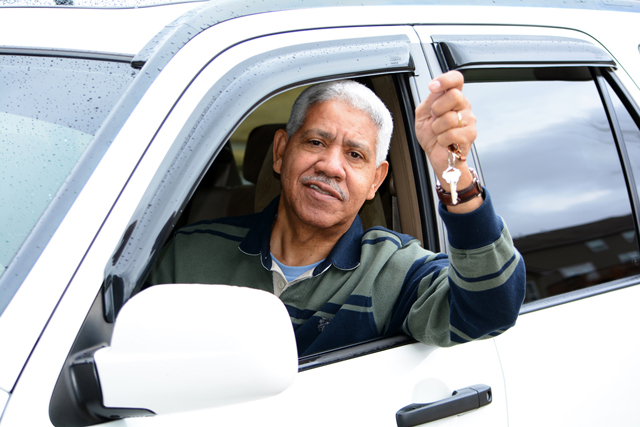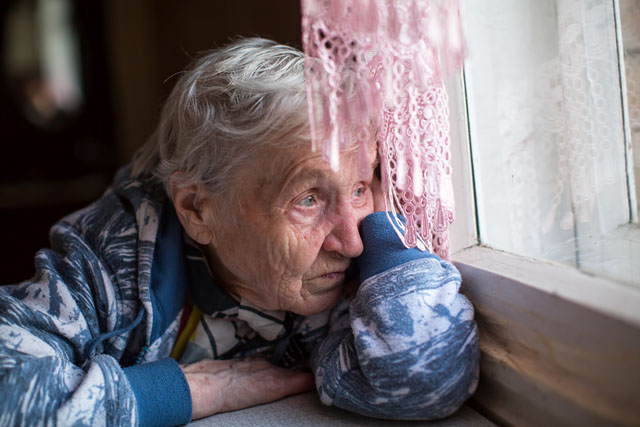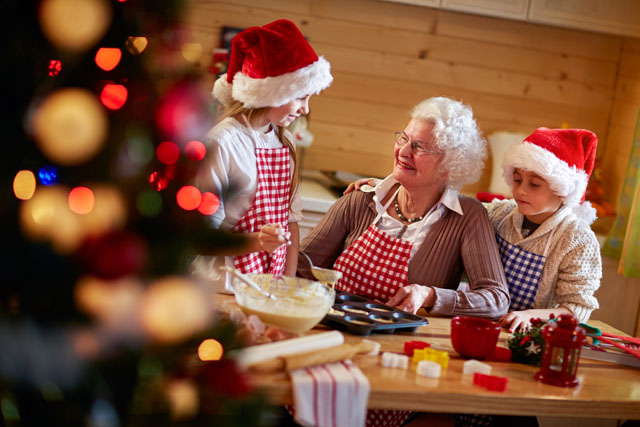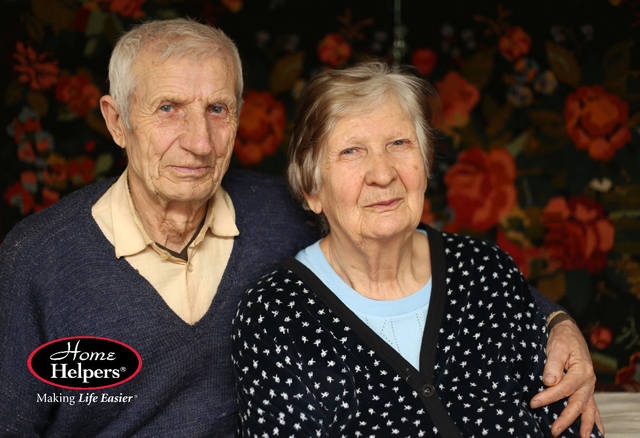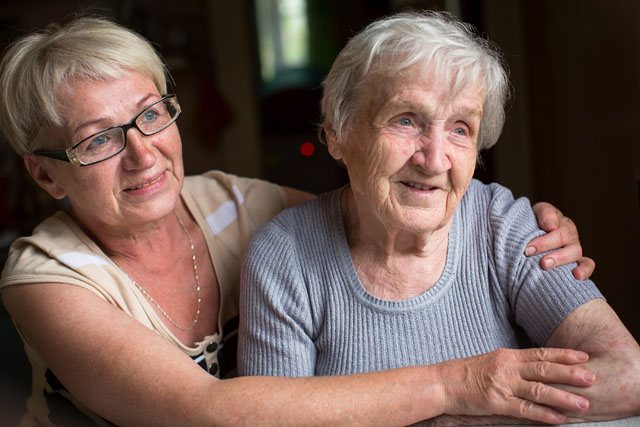If you are a caregiver to an elderly loved one, it’s very important that you learn to take care of yourself as well as your patient. You must learn how to prevent yourself from facing burnout and exhaustion to avoid a new set of health problems yourself. So why is it so hard for caregivers to take a break? Rationally, we know it’s needed, but emotionally, we don’t want to step away from our loved one, even if it’s taking a toll on our own health. It’s tough to ask for help, but it’s important to do. Let’s look at some tips that will help you through the season of being a caregiver to your loved one, but also for yourself.
- Realize you might feel guilty sometimes. If you care, you will feel guilty sometimes. It just goes with the territory of being a caregiver. Taking the necessary breaks along the way will help you tremendously in keeping yourself in good metal health, as well as physical. After all, if your own health suffers, you aren’t going to be much good to anyone else.
- You don’t need their permission. You must remember as a caregiver that you will face times where you need to step out, leave the house and take a break. Your senior loved one may give you a hard time about leaving, but they don’t get to make this decision. You must stand your ground and lovingly remember that dementia keeps them from being able to think about what’s best for you. It can be like dealing with children in that you have to be the one to make the tough decisions. Just remember that every decision you make is for their health as well as your own.
- Avail yourself to services that give aid to caregivers. While it might seem costly to hire outside help, you have to remember to put your own health first. If you’re a caregiver, you already know how exhausting it can be. Don’t be afraid to ask for outside help, whether it’s paid help or volunteers from your church or civic group. Most people are more than happy to step in and help if you will just express the need.
- Stay checked in! If it makes you nervous to step away for a short time and leave your loved one in the hands of a volunteer caregiver, check in often to ease your mind. You can call to find out how things are going, and you can use strategic ways to find out how things are going. A phone call is good, or perhaps asking caregivers to make some notes for you to review.
- Be creative when introducing a new caregiver. Senior adults don’t want to feel like they need a babysitter. If you are introducing outside help, use creative ways to help protect your loved one’s dignity. This may include telling your senior loved one you have hired someone to help with the running of the household, or having someone around to help run errands. The more they see this person, the more likely they are to accept their help as caregivers. If it’s family members or close friends who are helping, it’s easy to say they are just looking for ways to help out.
The main thing to remember here is that you MUST take the time to unwind and recharge your own batteries or your own health will be on the line and you’ll be of no use to anyone. Go to the spa and get that massage and manicure. Ge have a drink with a friend, or just sit alone and read a few chapters of a good book. Even going for a short walk can go a long way in preserving your health. Caregivers are people too, and must be looked after.
For more information on caregivers for the elderly, contact us today!
Home Helpers of Dallas is a locally-owned, trusted home health care agency and offers quality, compassionate senior in-home care services including home care assistance, personal care, companion care, respite care, Alzheimer’s & dementia care as well as homemaker services in Dallas, Richardson, Garland, Plano, Highland Park, University Park, Mesquite, Allen, Carrollton, Irving, Addison, Farmers Branch, Lake Highlands, Duncanville, Desoto, Fairview, Cedar Hill, and McKinney.


